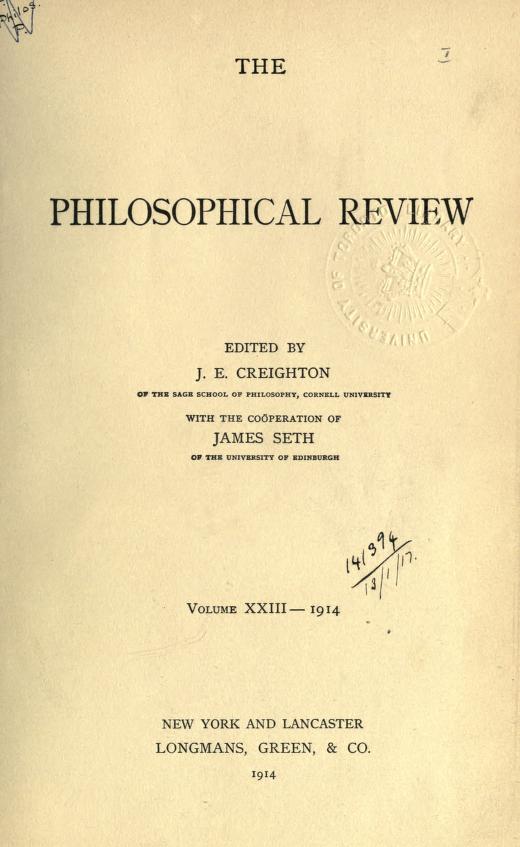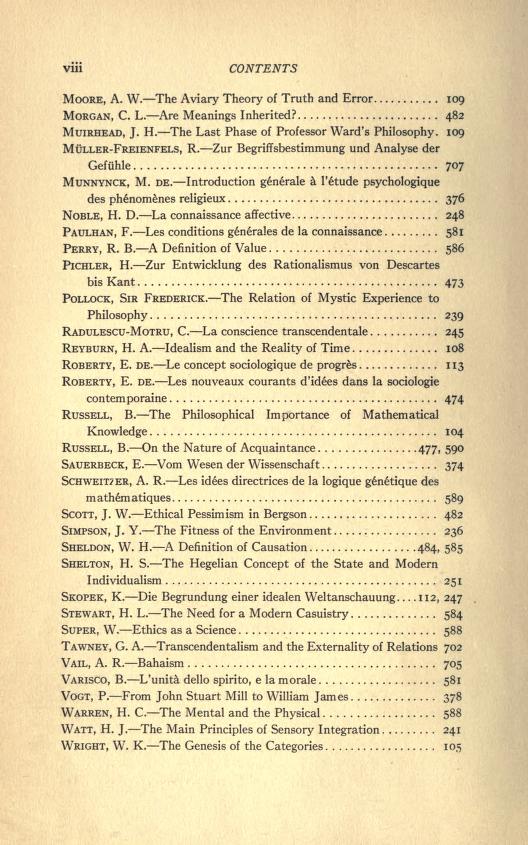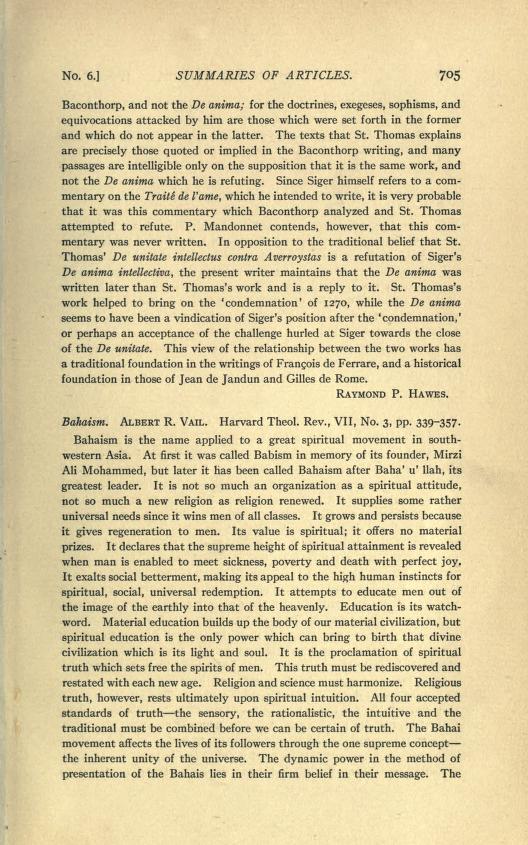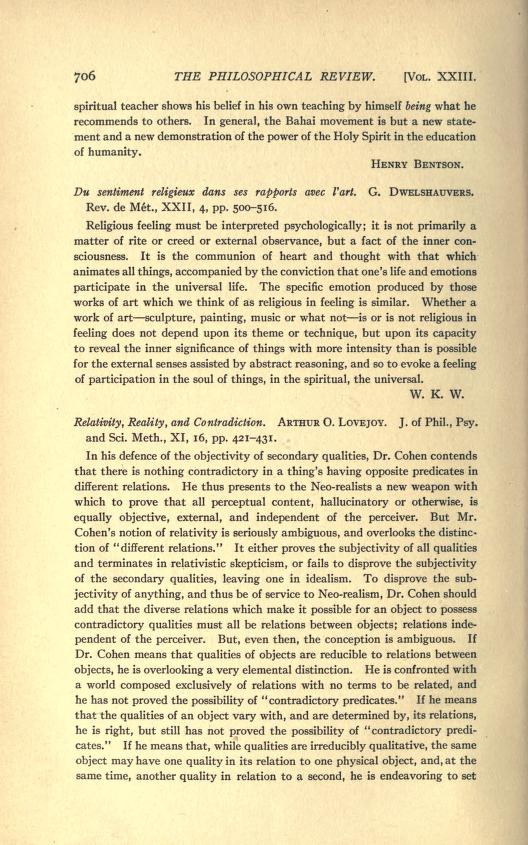
|
|
Abstract: One-paragraph summary of Vail's book. Notes: This document is online in a variety of formats at archive.org. See also Bahaism. |
Bahá'ísm, by Arthur Vail:
Review
by Henry Bentson
published in Philosophical Review, 23, pages 705-706New York: Longmans, Green, and Co, 1914
1. Text
Bahaism. ALBERT R. VAIL. Harvard Theol. Rev., VII, No. 3, pp. 339-357. [online here]Bahaism is the name applied to a great spiritual movement in southwestern Asia. At first it was called Babism in memory of its founder, Mirzi Ali Mohammed, but later it has been called Bahaism after Bahá'u'lláh, its greatest leader. It is not so much an organization as a spiritual attitude, not so much a new religion as religion renewed. It supplies some rather universal needs since it wins men of all classes. It grows and persists because it gives regeneration to men. Its value is spiritual; it offers no material prizes. It declares that the supreme height of spiritual attainment is revealed when man is enabled to meet sickness, poverty and death with perfect joy. It exalts social betterment, making its appeal to the high human instincts for spiritual, social, universal redemption. It attempts to educate men out of the image of the earthly into that of the heavenly. Education is its watch-word. Material education builds up the body of our material civilization, but spiritual education is the only power which can bring to birth that divine civilization which is its light and soul. It is the proclamation of spiritual truth which sets free the spirits of men. This truth must be rediscovered and restated with each new age. Religion and science must harmonize. Religious truth, however, rests ultimately upon spiritual intuition. All four accepted standards of truth the sensory, the rationalistic, the intuitive and the traditional must be combined before we can be certain of truth. The Bahai movement affects the lives of its followers through the one supreme concept the inherent unity of the universe. The dynamic power in the method of presentation of the Bahais lies in their firm belief in their message. The spiritual teacher shows his belief in his own teaching by himself being what he recommends to others. In general, the Bahai movement is but a new statement and a new demonstration of the power of the Holy Spirit in the education of humanity.
2. Page scans




|
|